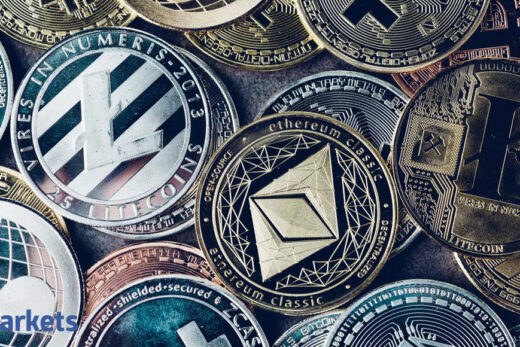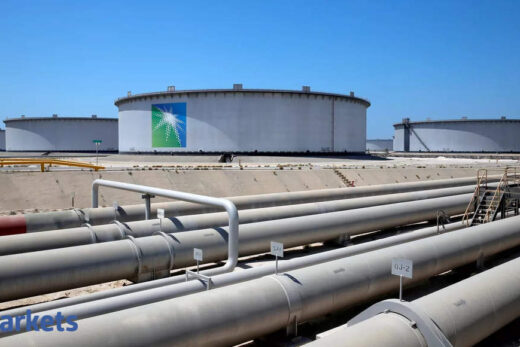Made possible due to the power of the blockchain, DAOs are a natural evolution of DeFi applications and have revolutionized governance through community-led voting mechanisms, involving holders of its native tokens. This self-governance model makes these DAOs truly autonomous and grants its native token holders full rights over the decision-making process in addition to a commensurate share of distributing fees, further enhancing the overall proposition for new investors to join these networks.
Often perceived as being complicated, DAOs differ slightly from each other in terms of the crypto assets they deal with but embody the core principles of blockchain technology to allow for transparent investor participation in assets and autonomous financial instruments safely and securely.
While only about 2.5 per cent of the entire cryptocurrency market capitalization is contributed by projects related to DAOs, this is slated to significantly increase in the future, considering the increasing number of DAOs launching projects like automated market maker (AMM) exchanges that are forging alliances with centralized crypto exchanges to attract investors and liquidity that will be used to further develop the crypto ecosystem. Such AMM exchanges are truly decentralized as they are not controlled by a single entity, but instead, are governed through a voting mechanism involving the community members who have invested in the native tokens. This grants them rights to effect changes to underpinning protocol and even the rewarding mechanism thereby making them truly democratized in their working.
Additionally, these token holders are rewarded with a fixed percentage of the transaction volumes on the exchange, facilitating the creation of a more stable token user base with a long-term investment mentality. This reward mechanism differentiates these tokens from those launched by other non-DAO projects, eventually leading to more capital shifting towards projects run by DAOs.
The other factor making such DAO-based AMM exchanges popular is the low transaction costs and fast transaction speeds. Through partnerships with leading blockchain networks like Ethereum and Layer 2 networks like Polygon, they are enabling users to participate in staking, yield-farming and liquidity mining across various blockchains with ease.
Users only need to connect their crypto wallets with WalletConnect functionality to invest in any of the mentioned avenues and can monitor the performance of their investments in real-time with transparent protocol statistics further enabling them to choose the most liquid pools.
For investors looking to earn regular returns on their crypto tokens, such exchanges provide them with the opportunity to earn as much as 83 percent of the trading commissions generated by the platform instead of the liquidity provided by them. Additionally, liquidity providers (LPs) can enjoy almost free transactions on the exchange due to the yield and token reward mechanism adopted by each exchange. To sweeten the investor proposition even further, some of these DAO projects offer tier-based NFTs linked to participation in community events or through token farming that can further increase the yield on their investments.
Despite the robust self-governance model adopted, these exchanges are additionally audited by professional firms like Hacken and BluSwarm to ensure that any potential malware or cyber-attack can be thwarted by employing advanced AML and CFT analytics.
Moreover, with a reward mechanism that puts the community at the center stage, these DAO projects offer a much better value proposition for both investors and regular users who wish to utilize the platform to transact over various blockchains. With a future vision of integrating more blockchains and providing native support to create and trade smart digital assets with custom rule sets, these AMM exchanges are poised to redefine the way the world will transact in the future by capitalizing on the tenets of democratized expansion promoted by the structure of DAOs.



